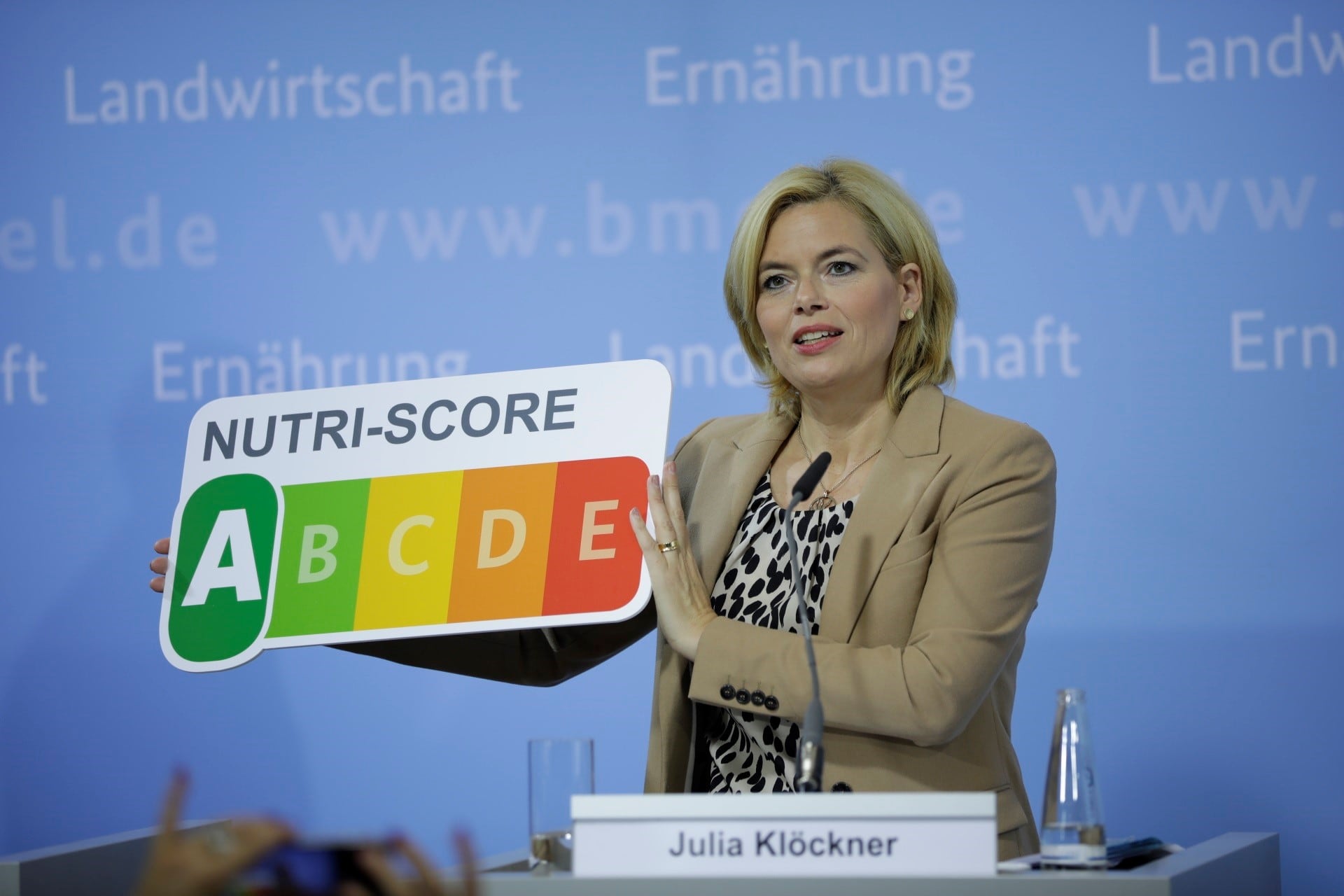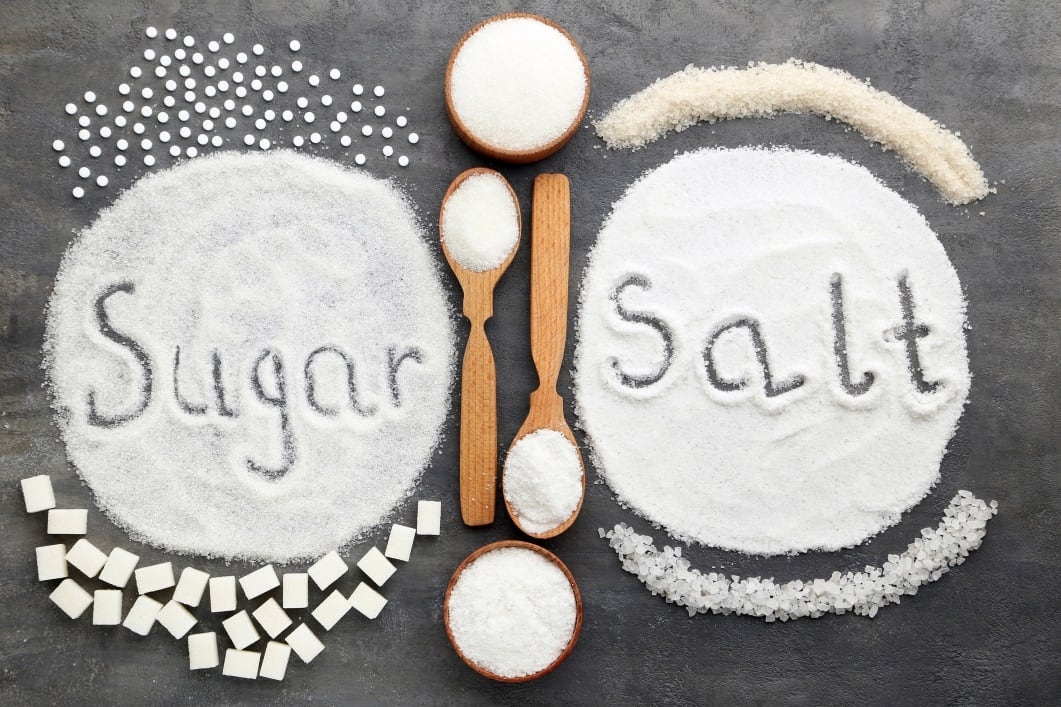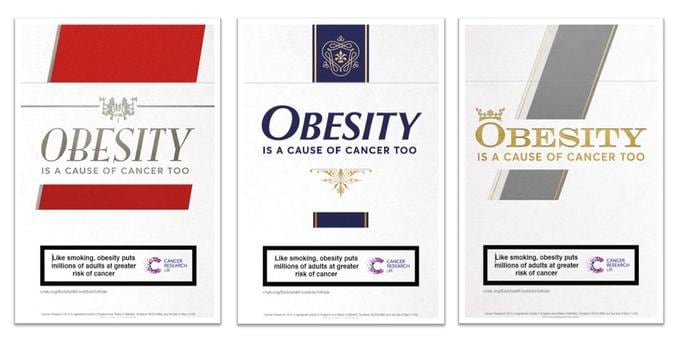After a long, often toxic debate in Germany about clearer labelling of sugar, fat and salt contents in food, Klöckner has announced that the Nutriscore model should be used to display the nutritional value of food. "Consumers expect above all a summary rating that gives quick orientation," she said.
Making the statement in Berlin, she called the move a ‘milestone in nutrition policy’. "As an extended nutritional label for Germany, I want to introduce the NutriScore, so I make a valid decision in a debate that has been going on for over a decade in a very emotional - sometimes polarizing – atmosphere,” she said.
The Nutriscore system was developed in France and is being introduced to a number of other countries such as Belgium and Spain as Europe looks to combat its obesity crisis.
In Germany, some food companies have already voluntarily committed to Nutriscore labelling - including Danone, on its ‘fruit dwarfs’ product. Bofrost and Iglo also use the model in their online shops and websites.
“The desire of consumers for more security and transparency in the purchase of food is great,” said Klöckner. “For many, it has so far been difficult to do much right with healthy nutrition and to feel secure when making a quick purchase decision. Especially at a time when more and more finished products are being used, some of which contain too much sugar, salt or fats. This has health, but also economic consequences that I do not want to accept.”
Nutriscore can make ‘a healthy choice the easy choice’
Nutriscore classifies foods and beverages according to their nutritional profile by using a colour-coded system with a scale ranging from A (healthier choices) to E (less healthy choices). Critics complain the system discriminates against ‘healthy’ foods with a high-saturated content such as fish and olive oil.
According to Klöckner, the model itself will not solve the overweight problem, but it can make ‘a healthy choice the easy choice’.
“Nutriscore meets many of the requirements that formulate the consumer to an additional nutritional label,” she said. “It is at first glance detectable, easy to understand and uses the catchy, already learned colour world of a traffic light. The Nutriscore does not allow any conclusions about the composition of the nutritional values. Above all, consumers expect a summary rating that provides quick orientation. Further information can be found in the nutritional table and the list of ingredients.”
German consumers favour the system, according to BMEL
The announcement came on the back of a survey of German consumers carried out by the Federal Ministry of Food and Agriculture (BMEL) which showed most of the 1,600 respondents favoured the Nutriscore system.
“The result of consumer research is decisive,” said the ministry. “The extended nutrition labeling should give the consumer an actual added value and make the healthy choice the easy choice. For this it is important that the model is well perceived and understood by consumers.”
Klöckner added: “For me, the result of consumer participation is decisive and I take it seriously.”
Klöckner’s plans will now be submitted to the Cabinet for approval. She hopes they will put it into force during the coming year. The policy was welcomed by Federal Health Minister Jens Spahn. "Consumers should be able to know what they are eating,” he said. "I expect that as many companies as possible join and implement the Nutriscore.”
Campaigners want Nutriscore made compulsory
Consumer groups welcomed the move, but are demanding the mandatory roll out of Nutriscore across Europe. Klaus Müller, Executive Director of the Federation of German Consumer Organisations (Verbraucherzentrale Bundesverband e.V. – vzbv), told FoodNavigator: “Finally, the way has been cleared for Nutriscore. Julia Klöckner, the German Federal Minister for Food and Agriculture, now also wants to introduce the Nutri-Score-model in Germany. This is good news for consumers in Germany. The consumer survey launched by the Ministry means further confirmation that the front-of-pack nutritional labelling Nutriscore provides best orientation to consumers who want to shop health-consciously.
“Since Nutriscore will be implemented in Germany on a voluntary basis, producers are free to choose if they want to use the label or not. The Federation of German Consumer Organisations (vzbv) appeals to the German food industry to apply Nutriscore as quickly as possible. Only if a large number of products are labelled, consumers are able to compare – and make a healthier choice.
“Julia Klöckner should now put some significant effort into making Nutriscore mandatory throughout the European Union as quickly as possible. The goal is to prevent a confusing multitude of various labelling systems within the EU. The Federation of German Consumer Organisations (vzbv) therefore supports the European Citizens Initiative to make Nutriscore mandatory in the EU.”





